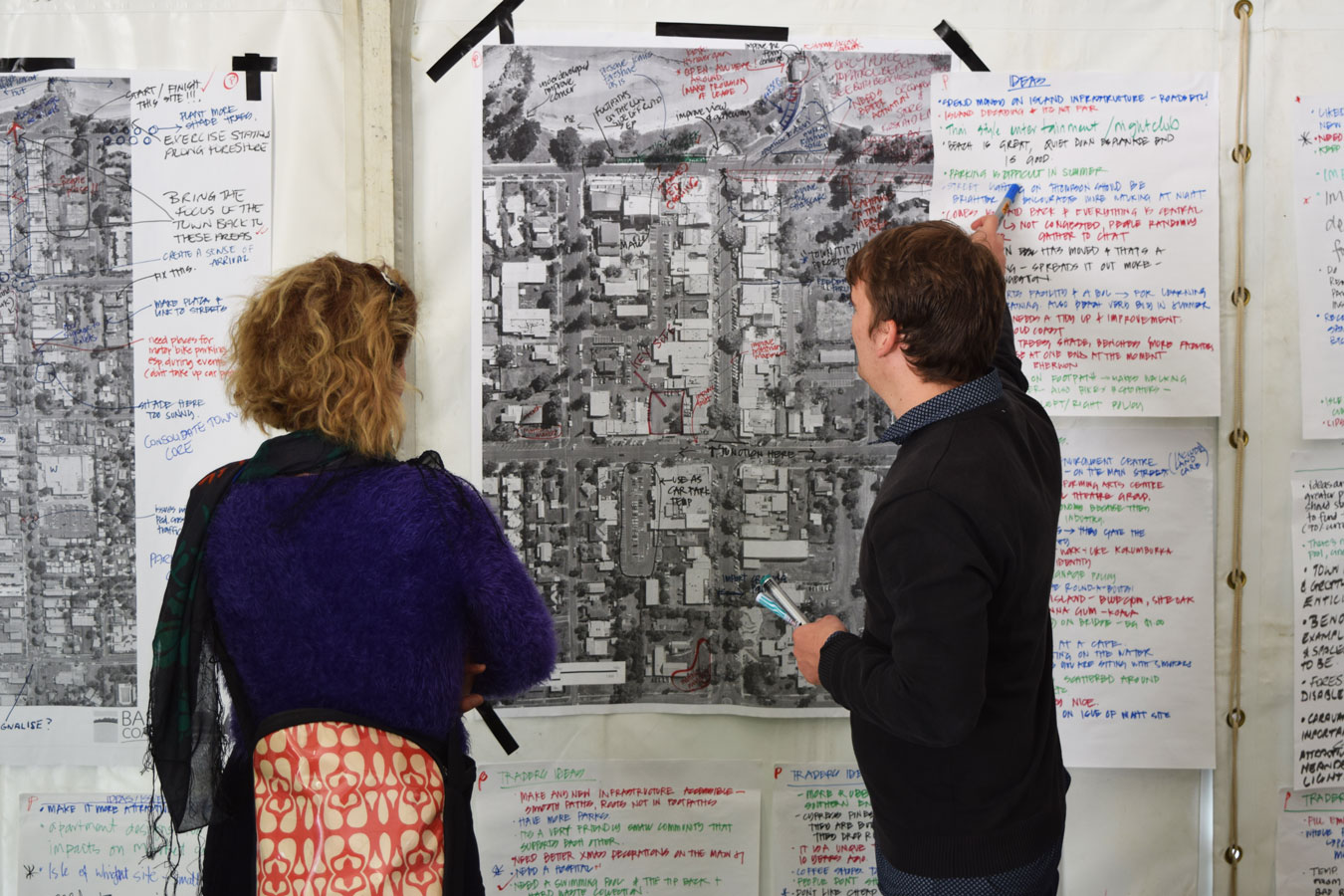The purpose of this research was to gain insight into the methods that are being used internationally to manage travel demand, and observe the success, or not, of these methods. MRCagney along with inputs from Traffic Planning Consultants, undertook this research for Waka Kotahi to identify key and critical insights that could be used to inform the New Zealand context when considering strategies for managing travel demand.
For the purposes of this research, Waka Kotahi’s working definition of Travel Demand Management (TDM) is - An application of strategies, policies and initiatives to reduce travel demand or redistribute demand across multiple modes of transport.
In this research six city case studies and 10 focus areas were examined. The six cities – Amsterdam, London, Singapore, Sydney, Seattle and Vancouver – all use a range of TDM approaches and strategies. They have experienced some success in meeting mode share targets or have long histories of sustainable mode share. The 10 focus areas provided the opportunity to undertake some broad analysis of different TDM approaches. These focus areas looked as aspects such as governance, leadership and business models for TDM policies and programmes; technologies such as mobility as a service (MaaS); and, selected examples of policy and programme implementation for example San Francisco’s TDM programme
This research report provides a qualitative and observational look at TDM across a range of international settings. To do this a combination of literature review, desktop analysis and qualitative interviews was used to provide insights into the chosen case study and focus areas.
The research report concludes with a section outlining a number of critical insights relevant to the practice of TDM more generally:
- TDM goals, objectives and targets need to be clearly defined and communicated
- The term ‘TDM is used inconsistently
- To maximise effectiveness, integrating and prioritising TDM principles into policies and planning activities is critical.
- For outreach and implementation programmes to successfully change travel behaviour, alternative mode supporting infrastructure and services must be in place.
- There are no silver bullets when trying to change travel behaviour on a large scale.
- Major events or construction projects are an opportunity to trial TDM strategies and can lead to long-term travel behaviour change.
- Persuasive technologies can influence travel behaviour and come with both benefits and challenges.
- TDM policies need to account for emerging mobility trends and services.
The full report is available here.
